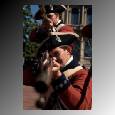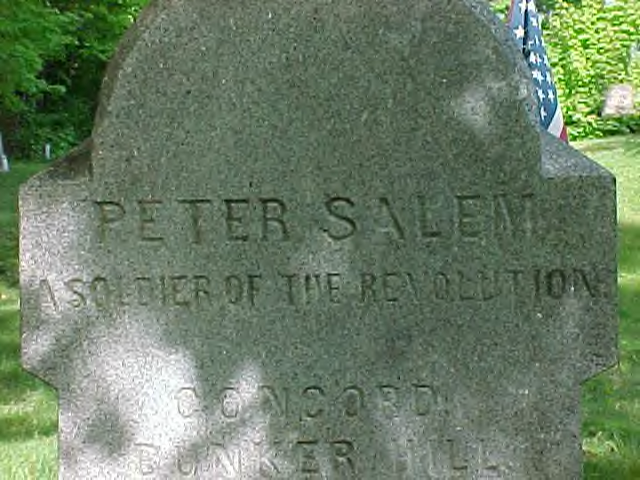| chapter 3 section 4 | |||||||||||||||||||
| Loyalists | About 16% of the total American population were colonists who did not want to break away from Britain. That meant that 500,000 colonists wished to remain loyal to the British crown. They were mostly farmers. They were called British Empire Loyalists because of their loyalty as British subjects | ||||||||||||||||||

| |||||||||||||||||||
|
The Mohawk Indian chief also known as Joseph Brant served as a spokesman for his people, a Christian missionary of the Anglican church, and a British military officer during the U.S. War of Independence. He is remembered for his efforts in unifying upper New York Indian tribes... Thayendanegea fought on the English side during the American Revolution. At war's end, Brant chose to remain under the Crown and requested land in Canada for his people. | Thayendanegea | ||||||||||||||||||

| |||||||||||||||||||
| Peter Salem |
Peter Salem and two other blacks Cuff Whitemore and Salem Poor were honored for bravery. Salem became one of the 5,000 blacks to join the whites in Bunker Hill. Peter Salem had already fought at Lexington. Peter Salem got awarded for fighting in the Revolutionary War. | ||||||||||||||||||

| |||||||||||||||||||
| Favorite Links | ||||||||||||||||||

| |||||||||||||||||||
|
This page has been visited
|